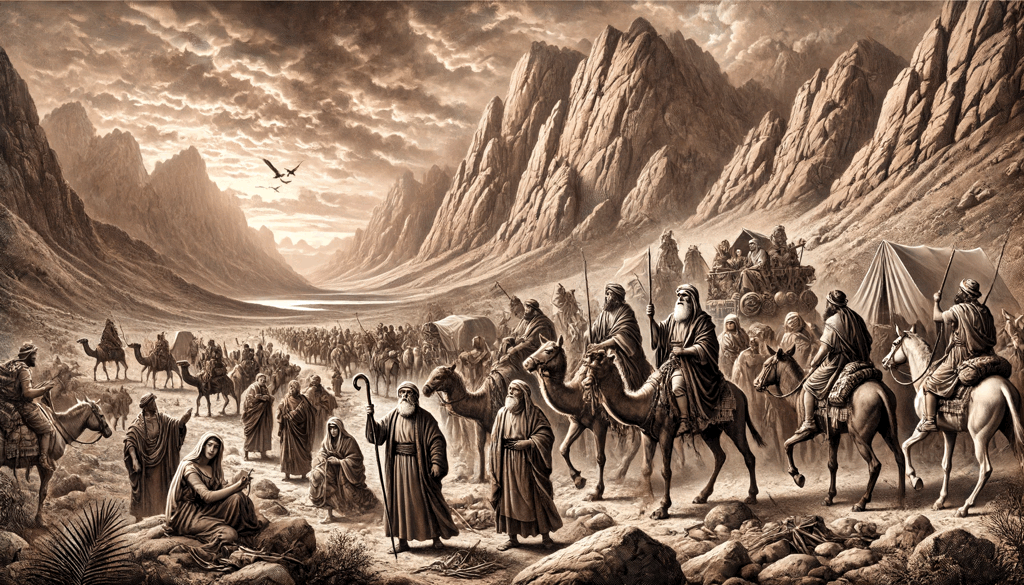The story of Moses is not just a biblical tale; it is a profound lesson in leadership, dedication, and faith. As Moses led the Israelites out of Egypt and towards the Promised Land, his journey offers invaluable insights for contemporary leaders. Charles Swindoll’s “Moses, a Man of Selfless Dedication” explores these lessons in depth, highlighting the qualities that made Moses an exemplary leader.
Willingness to Obey
Moses’ journey begins with his willingness to obey God despite his initial reluctance. This is a pivotal trait for any leader. Moses’ readiness to heed God’s commands, even when they were difficult, underscores the importance of obedience and trust in leadership. Leaders today can learn from Moses’ example by being open to guidance and willing to make tough decisions.
Sensitivity to Listen
Another critical lesson is the need to listen genuinely. Moses was sensitive to God’s voice, not just hearing but truly listening and understanding. This quality is essential for modern leaders who must navigate through noise and distractions to discern the right path. Effective listening leads to better decision-making and fosters a deeper connection with those we lead.
Consecration and Purification
Moses’ call for consecration—both for himself and the Israelites—emphasizes the importance of internal and external purification. Leaders must strive for integrity and purity of heart, ensuring their actions and intentions align with their values. This purification process helps maintain a clear and focused vision, critical for guiding others effectively.
Respect for Divine Presence
Moses’ deep respect for God’s presence reminds leaders to acknowledge and honor the sources of their inspiration and strength. This reverence can translate into a grounded and humble approach to leadership, where respect for the greater good and higher purposes guides actions and decisions.
Recognizing God’s Magnitude
Acknowledging the vastness and power of God, Moses understood that he was part of something much greater than himself. Leaders today can draw from this by recognizing the broader impact of their actions and decisions, understanding that leadership extends beyond personal gains to influence and uplift entire communities.
Involvement and Presence
Moses demonstrated that God is involved in human affairs, a principle that modern leaders can apply by being present and engaged with their teams. This involvement builds trust, fosters collaboration, and ensures that leaders are attuned to the needs and challenges of their people.
Enduring Challenges and Perseverance
Throughout the journey, Moses faced numerous challenges, including the constant complaints and grievances of the Israelites. Yet, he remained steadfast, guiding them with patience and resilience. This perseverance in the face of adversity is a hallmark of effective leadership, showing that enduring tough times with grace can lead to eventual success and fulfillment.
Legacy of Leadership
Moses’ legacy is not just about leading the Israelites out of Egypt; it is about shaping a nation and setting the foundations for future generations. His leadership ensured that the Israelites were not just freed physically but were also prepared spiritually and morally to enter the Promised Land. This legacy is a testament to the lasting impact of dedicated and selfless leadership. God cared for him and showed him the promised land.
In summary, the life of Moses offers timeless lessons in leadership. From obedience and listening to enduring challenges and understanding the magnitude of one’s role, Moses exemplifies qualities that are as relevant today as they were in ancient times. By embracing these lessons, modern leaders can inspire and guide their communities towards a prosperous and meaningful future.

